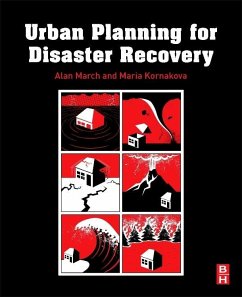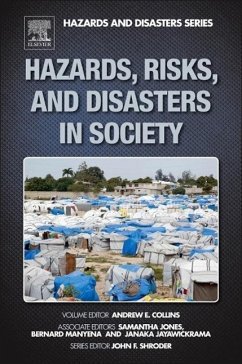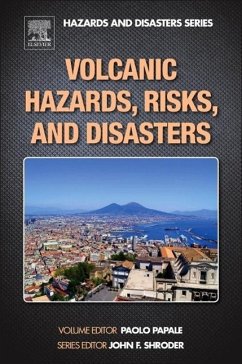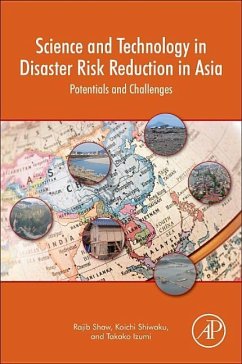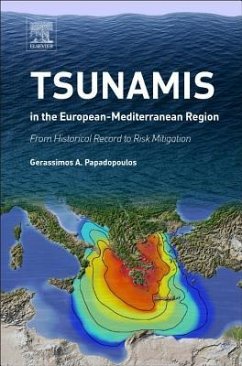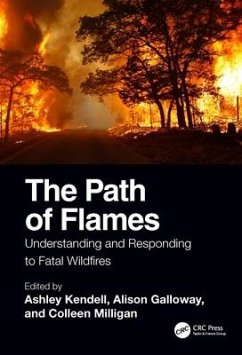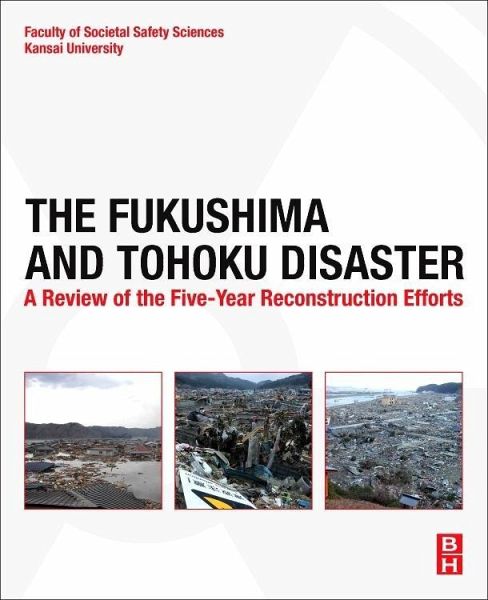
The Fukushima and Tohoku Disaster
A Review of the Five-Year Reconstruction Efforts
Herausgegeben: School of Societal Safety Sciences

PAYBACK Punkte
67 °P sammeln!
The Fukushima and Tohoku Disaster: A Review of the Five-Year Reconstruction Efforts covers the outcome of the response, five years later, to the disasters associated with the Great East Japan earthquake on March 11, 2011. The 3.11 disaster, as it is referred to in Japan, was a complex accident, the likes of which humans had never faced before. This book evaluates the actions taken during and after the earthquake, tsunami, and nuclear accident, for which the Japanese government and people were not prepared. The book also provides recommendations for preparing and responding to disasters for tho...
The Fukushima and Tohoku Disaster: A Review of the Five-Year Reconstruction Efforts covers the outcome of the response, five years later, to the disasters associated with the Great East Japan earthquake on March 11, 2011. The 3.11 disaster, as it is referred to in Japan, was a complex accident, the likes of which humans had never faced before. This book evaluates the actions taken during and after the earthquake, tsunami, and nuclear accident, for which the Japanese government and people were not prepared. The book also provides recommendations for preparing and responding to disasters for those working and living in disaster-prone areas, making it a vital resource for disaster managers and government agencies.




